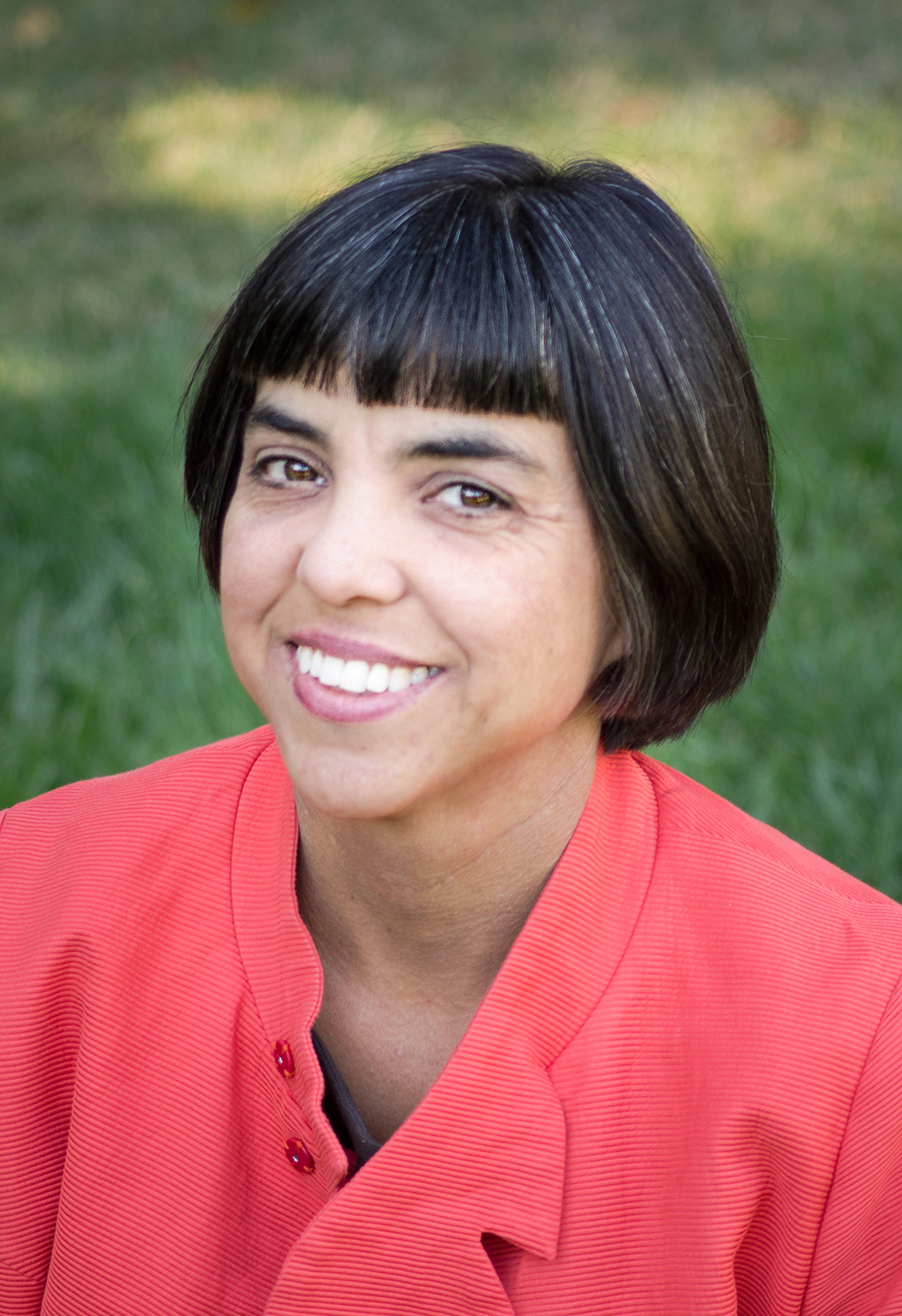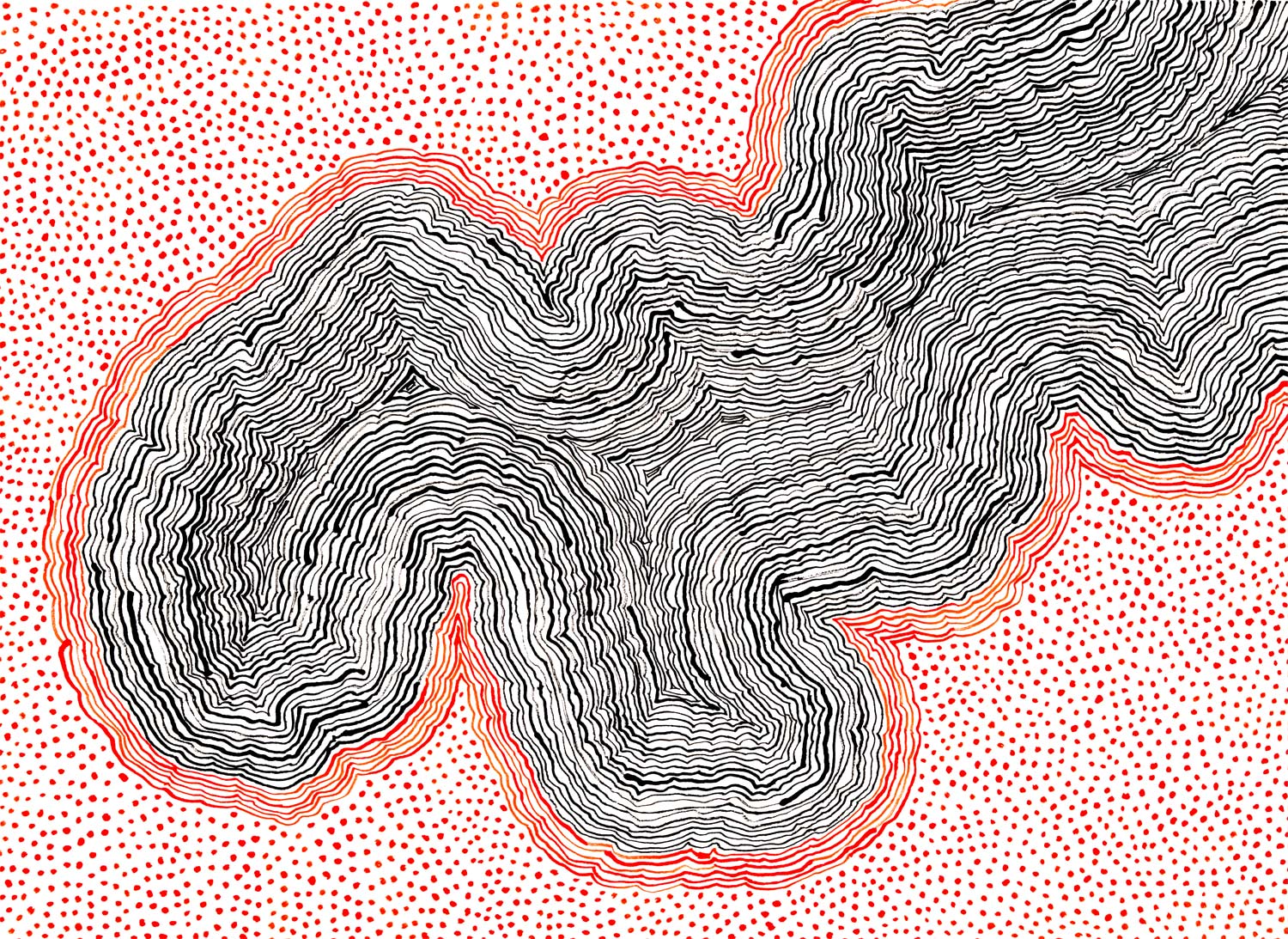Poem, SAN FRANCISCO
Nov 02, 2021
Dear Li Bai,
by Judy Halebsky
A million times I read your letter. I know what you mean about sadness
being the easy way to go in a poem. About Americans being spoiled? I
see how you might get that idea.
Trust me, a cruise ship isn’t a good example. I’m glad you liked
Melbourne and I’m sure the Galapagos were amazing. I’ll look up
the pictures on the Internet (that’s a new kind of library, more on
that later). The cream they put on their skin is to block the sun. They
want to stay young-looking. (A tan doesn’t make them less white) it’s
complicated.)
Let me just say. The war was a kind of storm. I sat in my kitchen. I wrote
sad poems. My dear Joshua joined the army. He loved the uniform. He
loved jumping out of planes. He wasn’t in the helicopter that crashed.
He was part of the crew sent to the wreckage. They found the pieces of
bodies and cleaned them and put them in groups and sent them home.
He survived. We eat at taquerias and see movies about Britain. We plan
family trips to the mountains. Spoiled, yes, in many ways.
I came only with your poems. I read them the night the train left
Oakland. By Portland, I was beginning to doubt the translations. I kept
going. We walked the sea wall in Vancouver. My father said, Where are
we? Where are we?
It’s morning here and the middle of the night in China. I keep all your
letters. I promise I won’t sell them at auction. I promise no more sad
poems. I’ll write about the rain and these mountains and how very
young I am and how writing to you is just talking on the phone.
Let’s make a plan to drink and hike. We can meet at base camp. I’ll bring
you a rainproof coat. They sell beer in cans there. I know, it’s amazing.
note
Japanese Translation by Ayako Takahashi.
親愛なる李白へ
ジュディ・ハレスキ
訳 高橋綾子
数え切れないほどあなたの手紙を読んだ。詩にする簡単な方法と言っていい、悲しさ、あなたが何を言おうとしているか解かる。アメリカ人が甘やかされているって?どうしてそんなふうに考えるようになったかわかるような気がする。
クルーズ船を例に挙げるのはあまりよくないかもしれないけど、まあ信じてください。メルボルンが気に入っていたと聞いて嬉しいけど、ガラパゴス諸島、素晴らしかったでしょう。インターネット(これは新しい図書館のようなもので、最近はそれ以上)で写真を調べてみるよ。皮膚に塗るクリームで日差しを避ける。若さを維持していたいから。(日焼けすると美白にならない)もっと複雑。)
ちょっと話しをするけど。戦争は嵐みたいだった。私は台所に座っていた。そして悲しい詩を書いた。私の親愛なるジョシュアは入隊した。彼は制服がお気に入り。そして飛行機から飛び降りるのが好きだった。彼は衝突したヘリコプターには乗車していなかった。墜落現場で任務に就いた。彼は遺体の破片を見つけてはきれいにし、グループごとにまとめ、それらを本国に送った。彼は生きて帰ってきた。私たちはタコス店で食べながら、英国についての映画を見る。山に家族旅行にいく計画をする。いろんな意味で甘やかされている。
私はまたあなたの詩に出会う。オークランドを発った夜汽車に乗りあなたの詩を読んだ。ポートランドまでいったところで、私はその翻訳に疑問を持ち始めた。父と私、バンクーバーで護岸を散歩した。父は「今どこ?今どこにいる?」と言った。
ここでは朝だが、中国では夜中だ。私はあなたからの手紙を全部持っている。オークションで売ったりしないと約束する。もうこれ以上悲しい詩を書かないと約束する、私が書こうとしているのは、雨やこの山々について、そして私がどれだけ若いか、どうやったらあなたへの手紙が電話で話しているようなものになるかについて。飲みに行ってハイキングの計画を立てよう。ベースキャンプのところで待ち合わせしよう。防水コートをもっていってあげるから。そこではビールが売っているはず。楽しみでしょう。

Judy Halebsky
Judy Halebsky is the author of Spring and a Thousand Years (Unabridged), Tree Line, and Sky =Empty, which one the New Issues Poetry Prize. Originally from Halifax, Nova Scotia, she moved to Northern California to study poetry at Mills College. On fellowships from the Japanese Ministry of Culture, she spent five years living in Japan, where she trained in Butoh dance and Noh theatre. Halebsky’s work has been supported by fellowships from the MacDowell Colony, the Millay Colony, and the Vermont Studio Center. Her poems have been published in American Poetry Review, Field, Zyzzyva and elsewhere. She directs the low-res MFA in Creative Writing at Dominican University of California and lives in Oakland.
著書に、Spring and a Thousand Years (Unabridged)、Tree Line、そしてNew Issues Poetry Prizeを受賞したSky = Emptyがある。カナダのノバスコシア州ハリファックス出身で、詩を学ぶためにカリフォルニア州北部のミルズ大学に移住した。文部科学省の奨学金制度を受け、日本に5年間滞在し、その間に舞踏と能を学んだ。ハレスキの作品は、マクダウェル・コロニー、ミレイ・コロニー、バーモント・スタジオ・センターからのフェローシップによって支援されてきた。彼女の詩は、American Poetry Review、Field、Zyzzyvaなどの文芸誌に掲載されている。また、カリフォルニア州ドミニカン大学の少人数制の大学院プログラムにおいて、創作文学修士課程も指導している。現在はオークランド在住。
